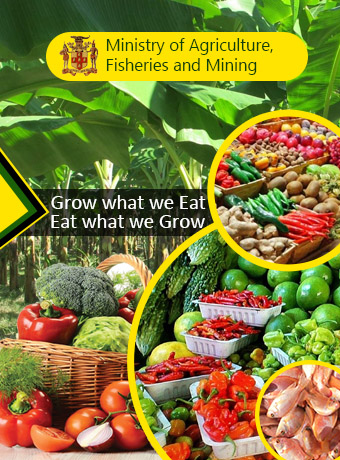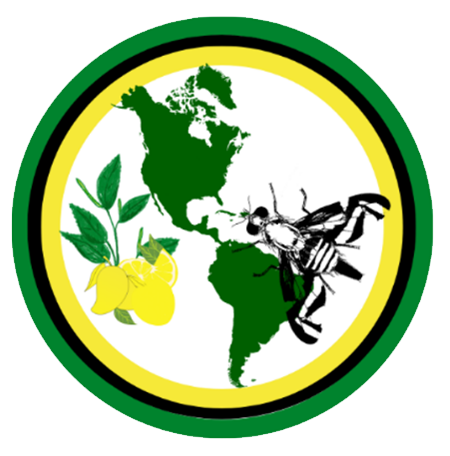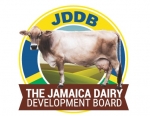
AF/1722/21
MONTEGO BAY, September 30 (JIS): BY: NICKIETA STERLING
The lush, green hills of Spring Garden near Albert Town in Southern Trelawny is home to Cecil Robe’s 35-acre farm.
There, the champion farmer plants a wide array of crops, including yam, papaya, plantain, banana and coffee, and rears more than a dozen cattle.
Last year, he started cultivating strawberries, for which he receives technical support through the Rural Agricultural Development Authority (RADA).
Mr. Robe tells JIS News that his over 10-year-old farm, which employs five farmhands, has been a success, enabling him to live a “very comfortable life”.
He says he has been able to send his three children to university and own a nice home.
“I have my children… going to university, and I'm trying to do my best to make sure that they do their best and come out and do something with the farm,” he says.
Mr. Robe tells JIS News that his love for farming emerged at an early age, having watched his father cultivate crops and rear animals and earn a decent living from those ventures.
“I would run up and down with him in the bush. We would shoot birds, roast breadfruit, and do a lot of things out in the bush. I realised, though, that there is a good income to be made from farming. Back in the day, when you wanted a vehicle, it was just like £350 for a brand-new Morris Oxford and daddy would just sell five cows and go buy one,” he recalls.
Recognising that farming was his calling, Mr. Robe enrolled at the Elim Agricultural School (now the Sydney Pagan Science, Technology, Engineering, and Mathematics (STEM) Academy) in St. Elizabeth in the 1980s, to study agricultural science.
Upon graduating, he was employed to the Wallenford Coffee Company in St. Andrew, one of the major exporters of Jamaican Blue Mountain and High Mountain Coffee varieties.
He spent 22 years as a farm assistant at the company, then rose to the position of farm supervisor, before his post was made redundant in 2010.
Not to be deterred, Mr. Robe made the transition to full-time farming, and wasted little time in establishing himself as a leading farmer.
“I took up the challenge and I started right away, and I haven't looked back. [In] 2018, I won the champion B class farmer of Jamaica… . They couldn't find a better farmer in that category to beat me because of my record-keeping, the quality of my farm, and the things that I was doing at that time,” he proudly shares.
The dedicated farmer notes that there is more to farming than the yields.
Mr. Robe tells JIS News that to be successful, a farmer must know a great deal about the land and the animals he plans to rear.
“[A lot of people] think of farming as a dirty menial task [but] to be a farmer, you have to be an engineer, you have to be a mechanic, you have to be a botanist, you have to have all the skills because farming is a science, it's a business, and it's an art. That's the way I look at it,” he says.
As it relates to the strawberry crop, Mr. Robe tells JIS News that he is cultivating two types of the delicacy – the Festival and the Florida 90, which are best suited for the climatic conditions in Southern Trelawny.
The plants are in neat rows and are protected by mulch.
“You see where we have some of the strawberries growing under straws or grass –
and then we have some on plastic mulch. It cannot be grown without some form of mulch because the fruits will get dirty, and nobody wants to eat that dirty fruit. We are checking now to see which [variety] will do best in this environment that we have here,” he explains.
The affable farmer shares that while there have been teething pains in cultivating the fragile crop, since entering the market is 2020, he is already reaping sweet benefits through vertical integration, which means that he has control over both the production and distribution of the strawberries.
“We don't have to sell to anybody in the middle. You produce your stuff on your farm and deliver it to the end user. Therefore, you will maximise your profits, and you can pay your workers better and you can enjoy a good life,” he says.
Mr. Robe tells JIS News that Glastonbury Purveyors Company buys most of his strawberries.
“They will buy whatever you have and put it in the trade and you also will have people in the community who have acquired a taste for the fruit and they will also buy, so I have a diverse marketplace,” he notes.
“Plus, you process those that you can't really eat fresh and people who are into making smoothies or who have a restaurant and they're doing like pies or jams for preservatives; they will also buy the processed ones,” he points out.
He tells JIS News that the Government, through RADA, has been providing technical support under its Production Incentive Programme (PIP) to help boost production of the exotic crop.
“RADA… they have come in and they sourced and paid for the plants, and some of the equipment. I did the preparation of the land, the caring of trees and all the maintenance work,” he points out.
-30-





















